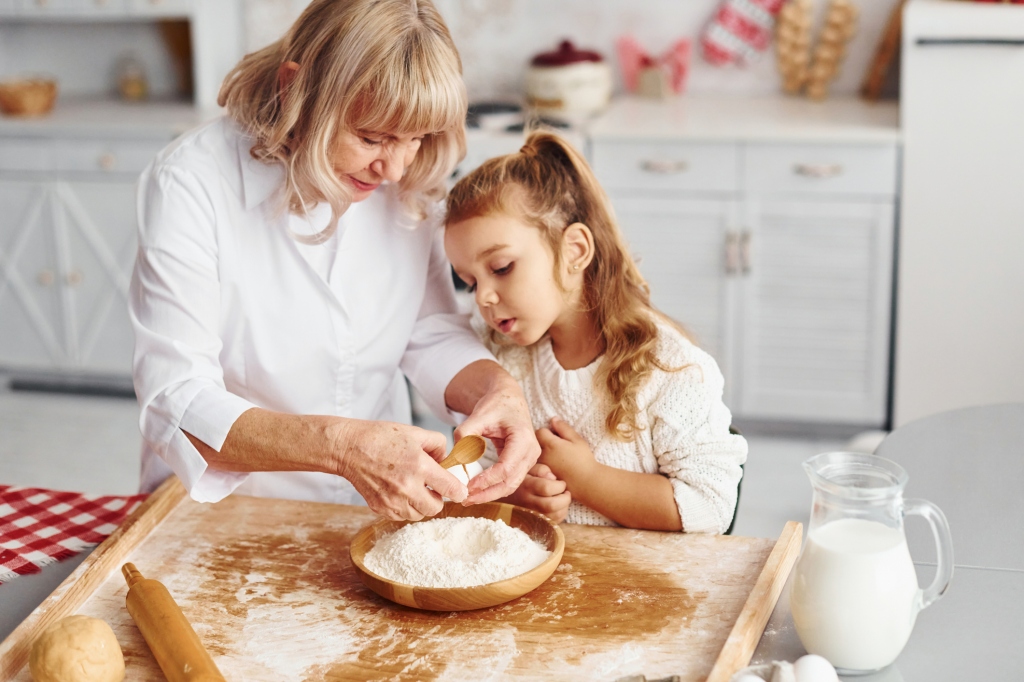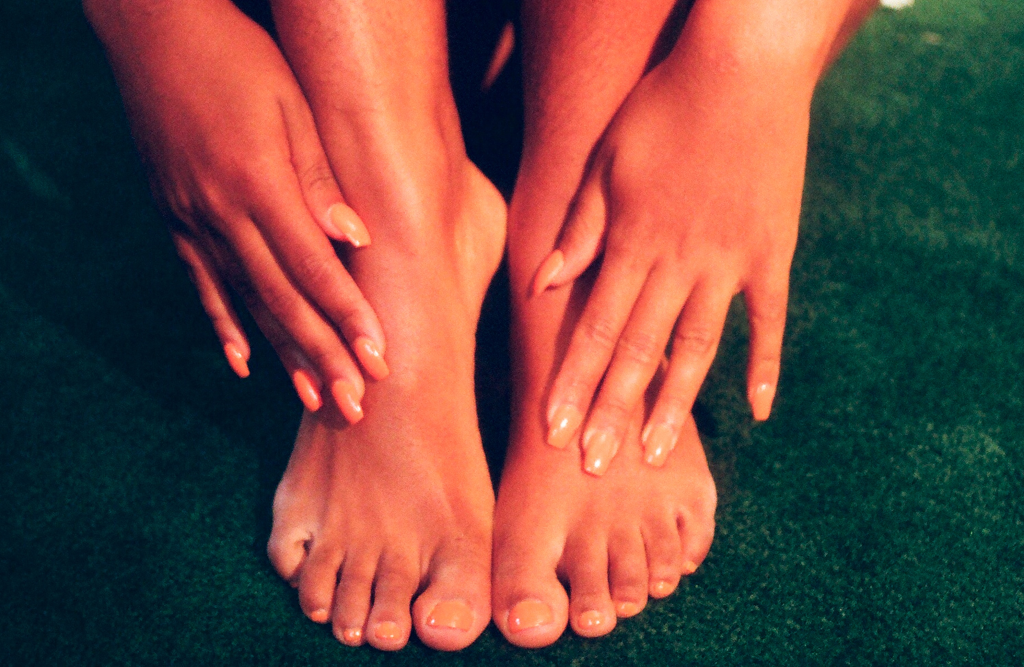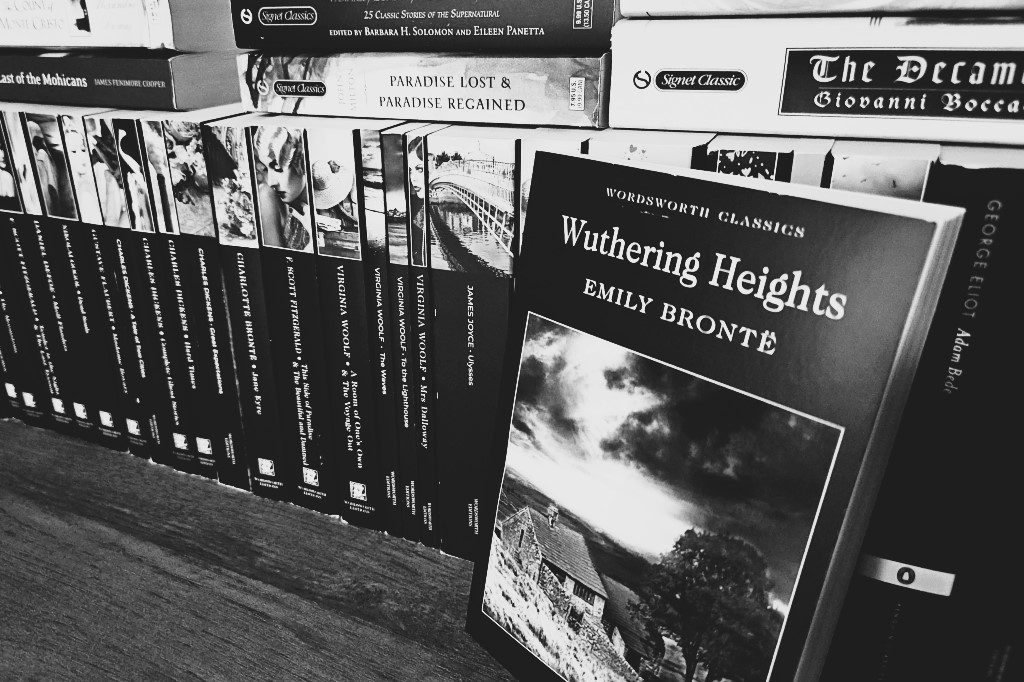by Becky Ross Michael
Hooray! A day off from school in the middle of the week. Carly loved it when the teachers had meetings and the students stayed home. “I wonder what Mom and I will do today,” she thought, crunching cereal. “Maybe we’ll go to the park or do the grocery shopping. Maybe Mom will take me out to lunch. I wouldn’t mind helping her with the cleaning. I like school but love staying home on these special days.”
She heard Mom’s phone ring in the other room. Dad was already at work. He worked full-time. And when Carly had started school, Mom began a part-time job on weekdays. She heard Mom’s low voice from the other room. That was followed by silence. Then Mom started talking again. Carly sipped her juice and waited. Mom soon entered the kitchen.
“It looks like I’ll need to go into work today, after all,” she said.
“But I thought you took the day off.”
“I did, but a few people called in sick. They really need me. I checked with Grandma. She’s happy to have you come over for the day. You’ll have fun,” she said. But Mom looked sad.
Carly felt close to tears. But she knew it was not Mom’s fault. And she did like going to Grandma and Grandpa’s house. Sometimes she helped them work in the yard or garden. Other times, Grandpa let Carly draw on his old chalkboard. He had used it for keeping track of his jobs before he retired from being a carpenter. One time, Grandma taught her how to sew. And the shelf in their hallway held many picture books to read.
Taking a deep breath, Carly said, “It’s okay, Mom. I know you wanted to stay home. I’ll try to have a good time at Grandma and Grandpa’s.”
Mom smiled and kissed her cheek. “Thanks, honey. I need to get ready.”
Suddenly, Carly felt very grown-up. She was proud she hadn’t made a fuss. Smiling to herself, she moved her emptied bowl and glass to the counter. “I’ll surprise Mom and wash the dishes,” she thought. Carly dragged a chair over to the sink so she could reach. She started filling the sink with warm water. Carly squirted a little dish soap under the stream like Dad had shown her. The dishwater smelled like mint. Mom would be surprised.
As she worked, Carly pictured the letters of the word “WASH” in her mind. Their teacher had shown them a neat writing activity last week. It was called an “acrostic poem.” Carly would make up an acrostic for the word WASH. She chose “Water” for the “W.” Next, she could use “And Soapy” for the “A” and the “S.” But what about the “H”? Looking down, Carly saw the answer. “Hands!” She knew how her acrostic poem would look.
W ater
A nd
S oapy
H ands
Carly rinsed all the washed dishes carefully and dried them with a towel. Then, she finished getting ready for the day. Mom acted surprised about the washed dishes. She also seemed happy Carly had brushed her teeth. Carly wanted to make sure they would still have a good day.
Riding across town, Carly noticed colored leaves floating to the ground in the breeze. Maybe they would rake Grandma and Grandpa’s yard. The sun was bright, and the air was warm. They might eat lunch outside at the picnic table or on the sunny porch.
Grandma soon folded Carly into a soft and welcoming hug. They waved goodbye as Mom drove away. “Your grandfather is building a cabinet in our laundry room,” said Grandma. “We won’t be seeing much of him until lunch. Go say hello, and then we’ll get started.”
“Get started on what?” Carly asked, looking around. Grandma’s kitchen always smelled like lemons. She used them in cooking, for cleaning, and in the dishwater. Grandpa even soaked his false teeth in a special cup with water and lemons.
“You’ll see,” said Grandma with a twinkle in her eye. “Join me back here.”
After saying hi to Grandpa, Carly wove her way back through the house to the loud sounds of Grandma in the kitchen. She was taking things from cupboards and drawers, setting them on the counters and table. Carly saw a huge mixing bowl with measuring cups and spoons of various sizes. She also spotted baking pans and two large cutting boards.
“It’s baking day!” said Grandma. “You can be my assistant. Grandpa often helps, but he’s busy today. I’ll teach you how to make bread.”
Carly was speechless. She had smelled the wonderful scent of bread baking at Grandma’s in the past. And she had eaten Grandma’s tasty bread. But she had never seen her make it. Today, Carly would help.
“Gee,” said Carly, suddenly worried. “I don’t know anything about baking bread.”
“I’ll teach you everything you need to know,” Grandma assured. “These are the tools. Wash your hands. Then, we’ll get started.”
From the cupboard, Grandma took out bags of flour and sugar. She grabbed salt and little packets of something called yeast. “Get the butter from the fridge, please,” Grandma directed.
Working together, the pair measured and poured the flour and sugar into the large bowl. Then, they added some yeast. “Turn on the hot water until the water feels warm on your hand,” said Grandma. When it was warm, they measured water and added that to the bowl. Then, they took turns stirring the gooey mixture with a large spoon.
“Next, we’ll set this on the counter for a few minutes until it starts to puff up.” While they waited for the timer, Grandma said, “Let’s grease these pans so we’ll be ready later.”
When the ding of the timer sounded, Grandma helped Carly add more flour, a little salt, and melted butter to the mixture. “Now, we’ll take turns stirring it again,” Grandma said. “Don’t be worried if it looks like a sticky mess,” she added with a chuckle. “While I give this a few more stirs, please sprinkle flour on those cutting boards at the table.”
Carly did as she was told. She wondered what they would cut there.
“Now, we knead the bread,” announced Grandma.
“Yes, I suppose we do need bread,” Carly agreed, thinking about lunch.
Grandma grinned. “Not that kind of need, dear. Not ‘n-e-e-d,’ although bread does come in handy. I’m talking about what we’ll do next with the dough. We’ll knead it, spelled ‘k-n-e-a-d.’ The ‘k’ in that word is silent. Kneading is like mixing, but it’s done with our hands. That’s one reason it’s always important to wash our hands before baking or cooking.”
Dividing the dough in two, Grandma plopped half on each cutting board. “Watch me,” she said. Grandma pressed the dough hard with the heel part of her hand, not the fingers. She then folded it over and pressed it hard with her hand again. She did this repeatedly. Grandma then pointed for Carly to start doing the same with the other lump of dough. “This is called kneading,” said Grandma. “Doesn’t it feel good on your hands?”
“It reminds me of playing with fun-doh at school when I was in kindergarten,” Carly agreed with a smile. “I always liked how that felt. Kind of warm and soft.”
“Add a bit more flour to your board if it’s sticking too much,” directed Grandma. “We’ll keep kneading until the stickiness goes away. It will turn smooth and silky.”
Press, press, fold. Press, press, fold. Carly giggled when the air trapped in the dough sometimes made a slight burping noise. Grandma had turned the oven on. The kitchen felt warm and cozy.
“Is it ready to bake, now?” Carly asked.
“Oh my, no,” answered Grandma. “Now comes the most important part. We cover the bowl of dough with clean tea towels and set it near the warmth of the oven. That makes the dough rise. We’ll relax and read a few storybooks while we wait.”
Carly chose her favorites. First, Grandma read to her. Then, Carly read to Grandma. Time flew past. Ding!
“Is it ready to bake?” asked Carly. She followed Grandma into the kitchen.
“A few more steps,” said Grandma. “You can see why Grandpa and I set aside one full day a week just to bake.” She then showed Carly how to punch down the dough to get rid of trapped air bubbles.
“I never knew punching could be so much fun,” Carly joked.
When Grandma finally said the dough was ready, she showed Carly how to fill the greased baking pans. “I made a double batch today and don’t have enough pans. But I’ll show you a trick,” she said, opening a cupboard. “These are tin cans I saved and washed after they were empty. These may also be used for baking.” Carly helped grease the large cans, as well. Grandma divided the remaining dough and placed a portion in each can.
“I don’t need many modern things in my kitchen like bread machines or a microwave,” said Grandma. “Because I love baking so much, Grandpa and I bought a double oven last year. That way, we can bake all this bread at one time.”
After a quick wait to rise a bit more, the pans were finally ready for Grandma to place in the ovens. Setting the timer, Grandma suggested they take a walk in the yard. “I’ll show you some flowers that bloom best in the fall,” she said, leading the way.
The wonderful aromas of the baking bread reached them outdoors. “Mmm,” said Carly, “that smell makes me hungry.”
“I bet Grandpa is thinking the same thing,” Grandma said.
Sure enough, when they went back inside, Grandpa was peering through the windows of the ovens. The timer was almost to zero. “Look, Carly,” he said, pointing.
The loaves were light brown on top. Carly laughed at how the bread in the tin cans mushroomed over the tops like they were wearing hats. Ding!
Carly sat on a stool and watched her grandparents work as a team. They used potholders and took the baked bread from the ovens. Then, they placed the loaves on racks to cool. “As soon as possible, we’ll take the bread from the pans to finish cooling,” said Grandma. “And I’ll show you a special way to make a cheese sandwich.”
Still using potholders, Grandma removed one loaf from a pan, letting it cool for a few minutes. She then sliced it with a special bread knife, adding butter and slabs of yellow cheese to be trapped between two slices. “The warmth makes the cheese soft,” Grandma smiled. “Have a seat at the table.”
They enjoyed their yummy sandwiches with glasses of milk and sliced apples. Grandpa ate two. “You can take a loaf home with you, today,” Grandma promised Carly. “Nothing tastes quite like homemade bread. The next time you have a break from school, maybe we can bake again. Sometimes I make cakes or cookies, along with the bread.”
“You’ve been working hard all morning,” Grandpa told Carly. “Let me help your grandmother clean up the kitchen. I set out the chalkboard and chalk on the porch if you’d like to draw.”
“Okay,” agreed Carly. She headed for the sunporch. But instead of drawing, she wrote. First, she tried out the words Grandma had talked about earlier: “need” and “knead.” In a whisper, Carly said, “The ‘k’ is silent.” She erased those words and then had another idea. Down the side of the chalkboard she wrote:
B
R
E
A
D
Carly knew how to spell the word from bread packages Mom bought at the grocery store. Then, she thought about a new acrostic poem. Grandma had read a word Carly wanted to use that started with the letter “D.” She looked back at the storybooks to check the spelling. Finally, with a proud smile, Carly shared her acrostic poem with her grandparents.
B ake
R elax
E at
A sk for more
D elicious!

Becky Ross Michael is a former teacher from Michigan, USA. She now gardens and writes on her sunny balcony in the state of Texas. She enjoys the challenge of working as a freelance editor. Writing for children and adults, Becky’s pieces appear in print and online.
© 2024 tebokkai
Photo Credit: standret
All texts and some images presented on this blog are the property of http://www.linguavera.org. These educational articles can be used for didactic purposes only. Translating these articles for publication on other websites or publications in print is strictly forbidden. Republishing full texts from this blog is not allowed. Publishing excerpts from any article part of this blog on other websites or publications in print requires permission. These texts cannot be used for commercial or promotional purposes. Citation of the original source is required. Do not remove copyright.





Lasă un comentariu